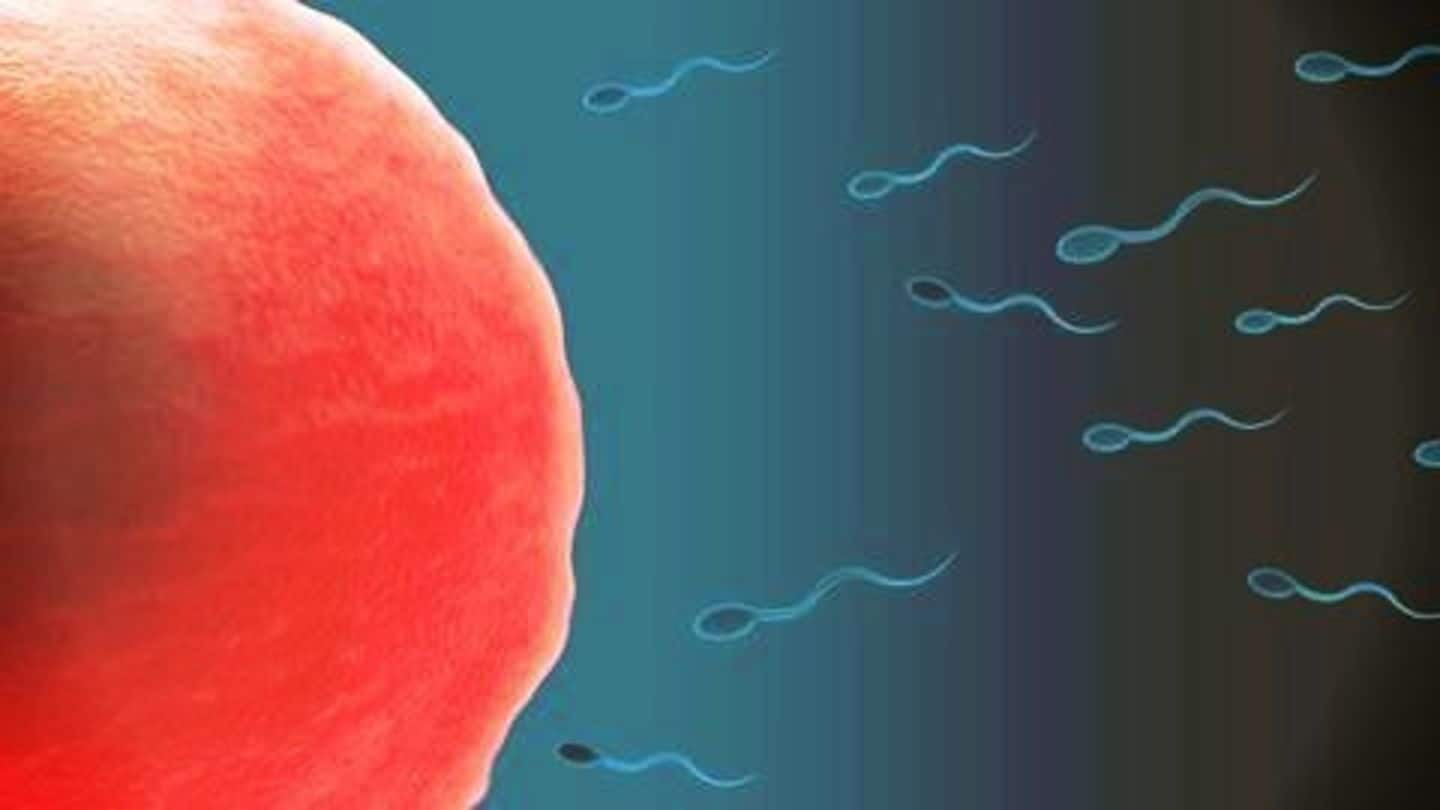
Alternative male contraceptives using chemicals from plants
What's the story
Californian researchers have discovered chemicals in wild plants that can act as anti-fertility agents by preventing the sperm from meeting the egg. In tests, chemicals lupeol and pristimerin stopped the sperm from moving its tail to swim towards and into the egg. These chemicals can be used in preparing effective alternatives to hormone-based contraceptives, without any side effects.
Information
Pristimerin used in traditional anti-fertility medicines
Lupeol is found in dandelion root, mango, and aloe vera plants. Pristimerin can be found in the Tripterygium Wilfordii plant also called "thunder god vine"; it is used in traditional Chinese medicine. These chemicals even work at very low doses, unlike hormone-based contraceptives.
Molecular Condoms
Compounds act like molecular condoms - Study Authors
The study authors wrote the plant chemicals act like "molecular condoms" in the journal 'Proceedings of the National Academy of Sciences'. A UK-based sperm expert stated the discovery could lead to a "new and novel approach" to male contraception. However, the chemicals are present in such low levels in plants that the researchers said the cost of extraction becomes very high.
Anti-Fertilization
Chemicals shut down the activation pathway
The chemicals successfully blocked progesterone that triggers the sperm's forceful movement without causing damage to the sperm. Polina Lishko, Molecular and Cell Biology Assistant Professor at the University of California, said the chemicals are non-toxic to sperms. She added sperm cells still can move but can't develop the powerful stroke as the pathway involving the egg activation is shut down.
Research
Testing the chemicals on primates
Researchers said the chemicals could be used as emergency contraceptives, before or after intercourse, or even as permanent contraceptives via skin patches or vaginal rings. Lishko and her colleagues would now test how the compounds work in primates, whose sperm cells function in a similar manner to humans. They are also searching for an inexpensive source of these chemicals.
Contraceptives
Clinical trials to prove that the chemicals work
Allan Pacey, Professor of Andrology at the University of Sheffield, said non-hormonal male contraceptives are a real need. He said the study shows natural chemicals can "knock out" a key molecule on sperm that regulates its movement in the final moments before fertilization. He added clinical trials to prove the chemicals work in humans are necessary, which would likely take a few years.
Quote
Seems a good bet, says Allan Pacey
"Because the molecule is specific to sperm, it seems a good bet that this could be a novel contraceptive target that might lead to a male contraceptive pill without any of the side-effects so far seen in trials with hormone-jab contraceptives."